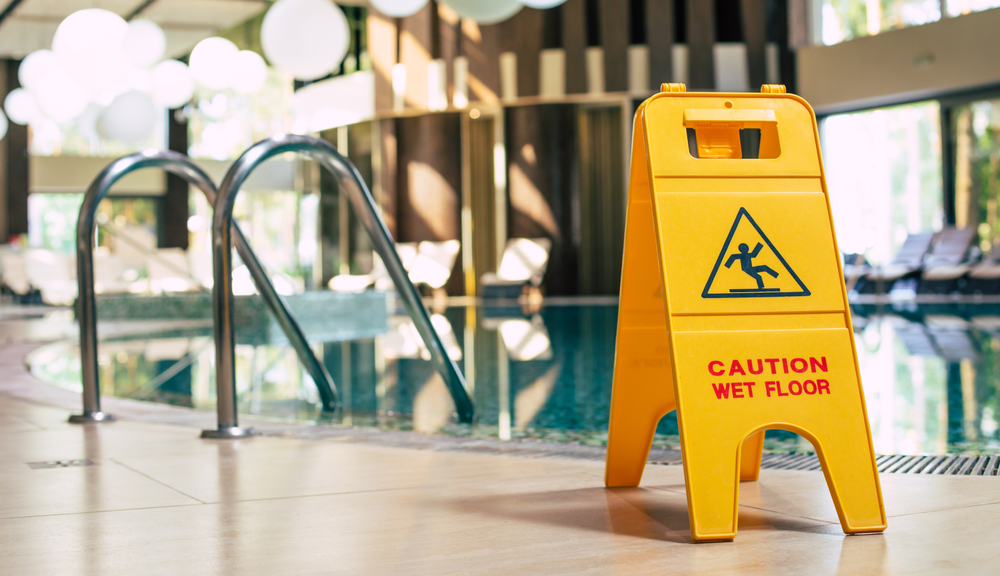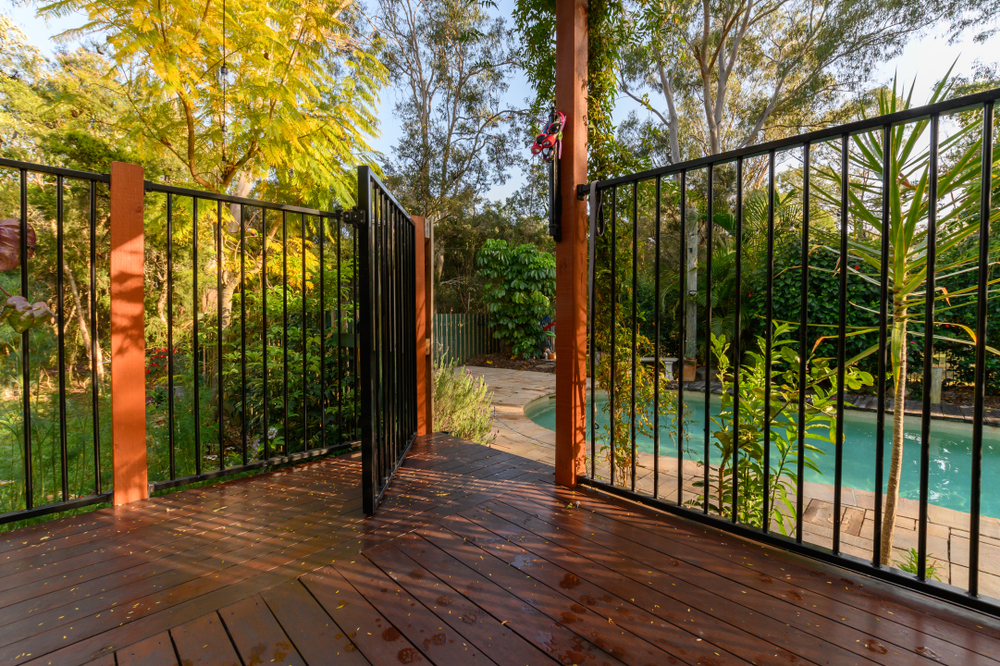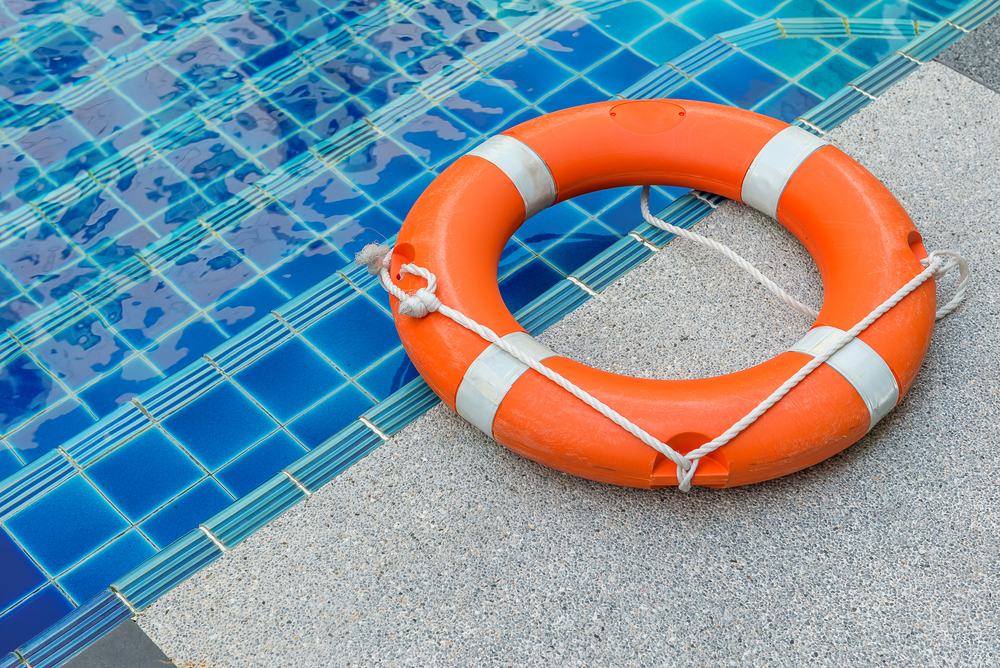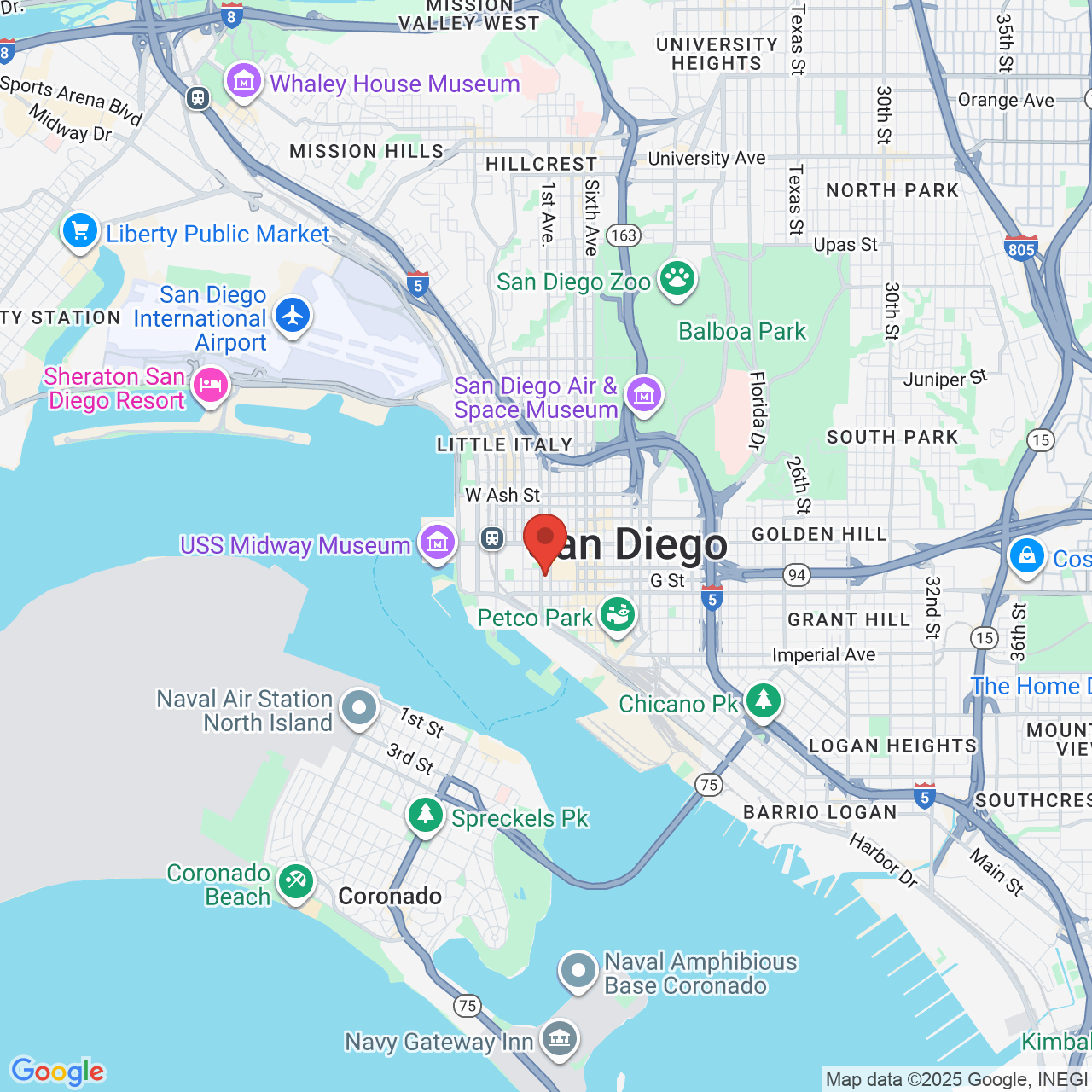Swimming Pool Accidents: Can I Sue for Negligence?

Time around the pool is supposed to be fun, yet there's a potential for serious and even fatal injuries due to drowning and other dangers. This applies to community pools, pools at hotels, and even pools at private residences.
If you've been injured at a pool due to negligence, I encourage you to contact my law office for a complimentary case review. I can connect you with a personal injury attorney in San Diego who will handle your case on a contingency fee basis. In other words, you won't pay the lawyer unless they can successfully settle a case or win a jury award in court.
Drowning at a Pool
Drowning is one of the biggest dangers everyone faces while at a pool. Even non-fatal drownings can have lingering effects on a person's health. The oxygen deprivation (hypoxia) when someone drowns could result in lasting brain damage, seizures, and trauma to the lung tissue. A premises liability lawsuit can address the lasting health effects from a non-fatal drowning.
Pool Injuries Involving Children and Minors
Drowning is a particularly serious danger when toddlers and young children are playing in or around the pool. According to the National Drowning Prevention Alliance (NDPA), drowning is the leading cause of death for children ages 1-4. According to the Centers for Disease Control and Prevention (CDC), drowning is the second leading cause of death due to unintentional injuries for children ages 5-14. (The leading cause of death from unintentional injuries for the 5-14 age group is car accidents.)
Yet drowning isn't the only hazard for children around a pool. There are all kinds of potential hazards that can lead to serious injuries to kids. These sorts of accidents are especially tragic since they are potentially preventable with proper diligence and safety measures. It's crucial that pools be properly gated and covered when not in use in order to reduce the danger of accidental drowning.
Lack of Lifeguards or Supervision
In many cases, drownings occur due to a lack of lifeguards at a swimming pool. Their training and life-saving skills could prevent a death or serious injury from drowning. This can also be applied to adult supervision around pools during parties at a private residence. Just having a responsible adult looking out for children and other guests can make all the difference.
It's worth noting that some establishments have lifeguards on duty but the lifeguards may be distracted or inattentive. In such cases, the lifeguard, the pool owner, or the business owner could be held liable for negligence if someone gets injured or dies at the pool.

Slip, Trip, and Fall Accidents Around a Pool
In addition to drownings, there are many potential injuries from a slip, trip, or fall accident around a swimming pool. There could be wet tiles poolside, stray poles or flotation devices, and loose ropes or pool toys that could lead to the loss of footing and serious injuries.
Pool Drain-Related Injuries
While swimming, many people like to dive down to touch the drain at the bottom of a pool. Unfortunately, people can get stuck in the drain grating. In order to free themselves and prevent drowning, some swimmers wind up with broken fingers, toes, ankles, and wrists.
Suction injuries can also occur in some pools and hot tubs, trapping hair, jewelry, and parts of the body in the drains. Potential injuries from these kinds of suction-related drain accidents can be serious.
Diving Board Accidents and Diving Injuries
Diving boards can also be a source of injuries and serious accidents. People diving from a board could strike swimmers in the vicinity of the diving area. There is also a risk of lacerations from damaged or poorly maintained diving boards as well as head injuries from diving into the shallow end because its depth hasn't been visibly marked.
Chemical Exposure While at a Pool
We don't often think about hazardous chemicals when enjoying time in a pool, yet high concentrations of chlorine can cause a number of health issues. These hazards include skin irritation or burns, nausea, and respiratory problems.
In December of 2023, Fox 5 News reported on a possible chemical exposure incident at the Mission Valley YMCA that sent 13 people to the hospital complaining of breathing problems, including 11 children.
High concentrations of chlorine and other chemicals at a privately owned pool at a house can similarly cause serious injuries and health concerns.

Legal Liability for Community Pool Accidents
When it comes to pools with shared access or community access, liability can get complicated.
If you are part of a homeowner's association (HOA) and there is shared swimming pool access where you live, the HOA could be held liable for accidents or injuries that occur at the pool. As for public swimming pools, the city of San Diego could be held liable for injuries, accidents, and drownings at those pool locations.
Legal Liability for Pools on Private Property
For pool-related injuries at a private residence, the property owner will typically be held liable.
It's important to note that pools are considered an attractive nuisance, which means that they could attract children onto a property even if they are not necessarily invited onto that property.
Safety Measures for Pools at Private HomesTo address the hazards of having an attractive nuisance on your property, the California's Swimming Pool Safety Act stipulates that single-family homeowners must implement at least two of these seven safety features:
|

What About Trespassers Who Access a Swimming Pool?
Sometimes people who trespass on a property to use the pool are still able to file injury lawsuits against proper owners. Two examples of this include:
- Cases in which the injured party is a child who was too young to know they were trespassing
- Cases in which the injured party was unaware that they were trespassing on private property
These kinds of complexities are why it's important to get in touch with my law office in Downtown San Diego to discuss what happened. I can help you understand your legal options and connect you with a San Diego personal injury lawyer who can assist you further.
Need to Speak With a Lawyer?
Set Up a Free Case Review Today
You don't have to pay anything to get a case review from a qualified attorney. To request a free consultation, contact Hoge Law Firm today.

About Charles T. Hoge
Charles T. Hoge has practiced law since 1983. He opened his own firm in Downtown La Jolla in 2016. The Hoge Law Firm has been recognized by both U.S. News & World Report and Best Lawyers as a leading practice for commercial litigation and employment law.
Read Mr. Hoge's Full Bio | All Posts by Mr. Hoge

